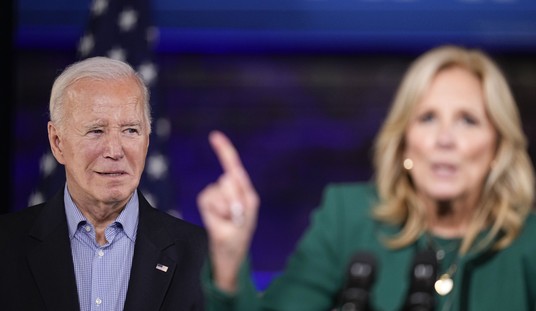By Michael J. Totten
Barry Rubin explains Syrian foreign policy in Canada’s Ottawa Citizen. (Thanks to Tony Badran.)
In the Middle East, violence is not the result of poor communication but a tool for political gain. Nothing proves that point better than Syria’s successful use of violence and terrorism to promote its interests. No amount of dialogue is going to change that reality.
Now Syria is using a Palestinian front group to start a war inside Lebanon, just as it employed another Lebanese client organization, Hezbollah, to battle Israel last year. The Syrian government’s message is simple: Lebanon will know no peace until it again becomes our satellite.
[…]
What is less understood is how the regime’s radical strategy is used at home and why this makes it impossible to gain anything from engaging with Syria. Like other Middle Eastern dictatorships, Syria’s rulers face a paradox. How to stay in power after failing so completely? The economy is a mess, there is little freedom, and the regime is dominated by a small Alawite minority which is historically secular.
Since taking power in 2000 on his father’s death, Bashar has met this challenge. He sends terrorists against Iraq, Israel, Lebanon and even the U.S. military, but nobody retaliates in kind against him. At home, the regime sounds increasingly Islamist; abroad it is the biggest sponsor of radical Islamist groups in the region.
Bashar has even declared a new doctrine he calls “Resistance,” which combines Arab nationalism and Islamism. The West’s goal, he claims, is to enslave the Arabs. The mistake made by other Arabs was to abandon war. “The world will not be concerned with us and our interests, feelings, and rights unless we are powerful,” and victory requires “adventure and recklessness.”
As Tony reminded us a few days ago (I had forgotten), Syria also sponsored terrorist groups against Turkey. Turkey, Lebanon, Iraq, and Israel — that’s every single democratic country that shares a border with Syria.
Turkey threatened to invade in 1998. It is the only country on Syria’s border that threatened to respond to violence with violence. And it’s the only country on Syria’s border not terrorized by Assad today.
I saw the Syrian border from the Turkish side while driving to Iraqi Kurdistan from Istanbul. Two parallel fences a mile apart run the length of it. The area between the two fences is a vast minefield. Skull and crossbones signs warn of certain death to anyone reckless enough to cross.
The Turks never fired a shot, but the border is quiet.
UPDATE: Barry Rubin has another article along the same lines in Beirut’s Daily Star:
Syria has been brilliant at creating and maintaining such Catch-22 situations, where the only way to “solve” a problem is to buy Syrian “cooperation” with deals that would make things worse. Syria has acted as the arsonist who sets the fire, then has played the role of fireman who would put it out only on condition that the burning property be given to it. This was how Syria fomented terrorism in Lebanon against Western peacekeeping forces in the early 1980s, driving them out and then offering to stabilize Lebanon by controlling it completely. The same approach was applied to the Palestinians, in post-Baath Iraq, and in Lebanon again.
Lebanon was indeed the masterpiece of this political genre. Thus, Syrian Minister of Information Mohsen Bilal explained, “How can we be asked to disarm Hizbullah [since] we’re out of Lebanon?” But what if Syria was allowed to return to Lebanon in force, would it then clamp down on Hizballah? Well, on another occasion, Bilal was asked: “Will you be using your influence to persuade Hizbullah to disarm, or not?” His response: “Why on earth should we?” In fact, Hizballah is the main element in Syria’s plan to recapture Lebanon entirely. If the West wants a stable Lebanon, or to avoid more Lebanon-Israel wars, it has to confront Syria, not make a deal with it.
Look, I realize I’m telling you to “eat your peas” here, that hardly anyone wants to confront Syria. But there aren’t any good options. Lebanon, Israel, and Iraq can continue suffering Damascus-sponsored terrorists attacks, they can make a “deal” and surrender to Assad what he wants, or they can push back. That’s all there is. Convincing him to be a good boy and an all-around pal over tea isn’t an option.









Join the conversation as a VIP Member